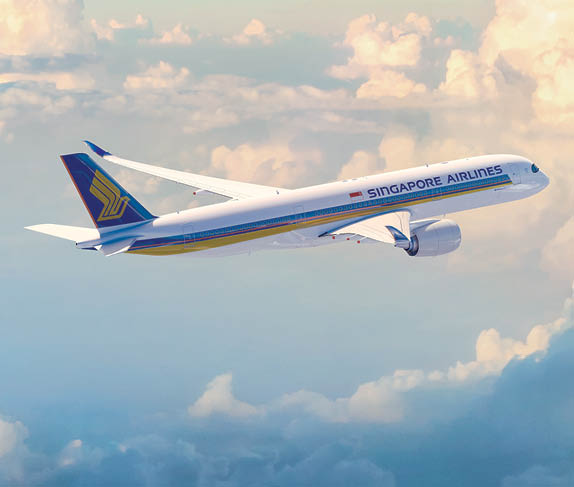In five years the growth of the Korean aviation market has been impressive, and although the speed of growth may have stalled slightly with interest rate rises, foreign exchange challenges and a retained reluctance of diving in too early into a new alternative asset stream, the appetite for knowledge remains high. Those are the key takeaways from the second annual Airline Economics Growth Frontiers conference held in Seoul this week.
In a keynote speech, Mr Suk Jong Choi, chief executive officer of KTB Investment & Securities, echoed the sentiments of many in the hall that the development of the aviation sector is something the entire industry should be proud of. KTB in particular has been a staunch supporter of the sector and is continuing to do so despite the market challenges. Choi described aviation finance as a pillar of the Korean capital market and KTB is doubling its efforts to generate and invest in new opportunities that will grow the sector. He encouraged investors, arrangers and others to nurture more personnel to increase their aviation finance skills and continue to build relationships in the region and work with partners, new and old, to build this burgeoning market. Choi reiterated the demand in the region for aircraft investment deals and called for cooperation and innovation at this critical juncture for the long-term development of the Korean market.
Aside from the challenges already mentioned, recent regulatory changes are having an impact on equity investments – not least the increase in capital requirements for insurance companies. The Financial Supervisory Service (FSS) is planning to adopt new regulations to allow South Korean insurance companies to raise their risk-based capital (RBC) ratios in stages before the introduction of IFRS 17 scheduled for 2021. Firms are already preparing for this and have reduced capacity for equity investments as a result. Likewise, there are strict investment rules restricting some banks from investing in aircraft assets, although this is set to change in the next two years. Speed of execution of aviation transactions is an issue for Korean firms, which slows down their ability to participate in foreign exchange transactions.
Despite concerns that the Korean market has become “overheated”, the overwhelming sense is that appetite and interest for aviation assets remain despite the significant challenges that are curtailing the past rate of growth.

